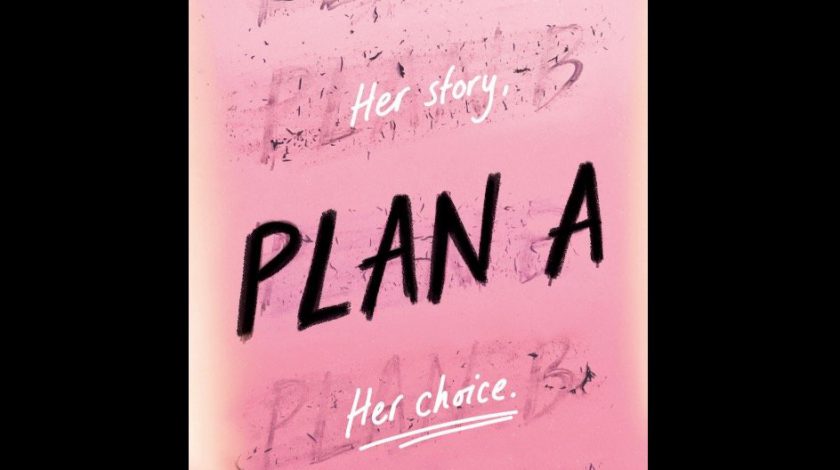With Plan A, Deb Caletti has written a story that conveys the power of choice. To develop this theme, Caletti creates sixteen-year-old Ivy Devries who lives in Paris, Texas, a place populated by conservative people with strict opinions.
From a long line of fierce women, Ivy finds herself in a predicament: She’s pregnant. But how could that be when she hasn’t actually had sex? Although Ivy aligns herself with Thomas Hardy’s protagonist in Tess of the D’Urbervilles, “ruined forever. More of a problem than a person, already broken, her future sealed” (40), Ivy realizes she’s just a regular girl, who never imagined this would happen to her; she’s “sick with dread, stuck in a crisis that feels unsolvable” (40).
Once Ivy reveals her predicament to her mother and to her boyfriend, Lorenzo, Ivy explores her options and settles on a choice: Lorenzo will transport her to Oregon to have an abortion. Calleti develops how choice “should be a power shield for every human being” (120), although it often isn’t. Calling abortion “a health-care matter,” she also explores the history of women’s rights for agency over their own bodies.
Most of Caletti’s novel recaptures this cross-country road trip, “the abortion road trip love story,” as Lorenzo and Ivy come to call it. Along with the travelling pair, readers will explore geography and how certain places don’t always live up to their names. We also settle in for a tale of survival, teamwork, and love sprinkled with wisdom.
Amid that wisdom comes Ivy’s conflict with believing in God. Even though many of her friends call abortion murder and struggle to find forgiveness in their hearts, Ivy wants to believe. She experiences “a longing for God, a connection to a larger goodness” (181), but she’s just not sure she can trust such a God “when the people who claim him the loudest can be so cruel” (181). Ivy, who sometimes sees with wishes, isn’t interested in a “punishing and withholding and cruel” God, but she longs for “the God who’s supposed to be about love” (186).
Added wisdom comes in Caletti’s commentary about power. In the community of Paris, as well as in the wider world, money is power but beliefs are free. Such truth probably accounts for why people so readily throw their opinions around with such vitriol. Yet, Ivy grows to accept that opinions, which can be brutal and devastating, aren’t truth, even if a lot of people have them. She also learns that “you can be wrong until you know more” (399). Many of these truths emerge on Ivy’s journey of self-discovery. On “the abortion road trip love story,” Ivy realizes that she’s “the girl who is sometimes fierce and strong and sometimes not, who gets through hard times and who is in charge of her own future, even if some people don’t want her to be” (238).
- Posted by Donna

